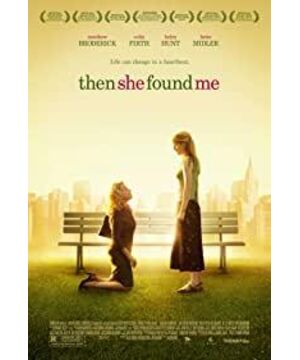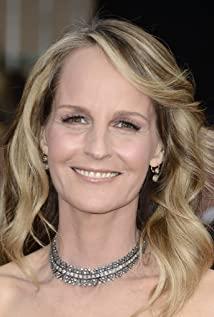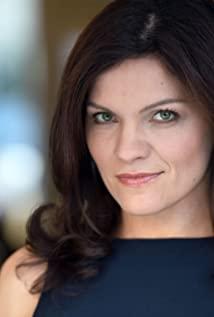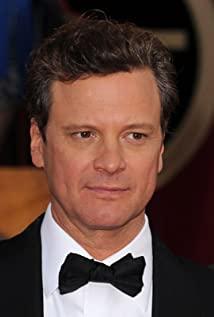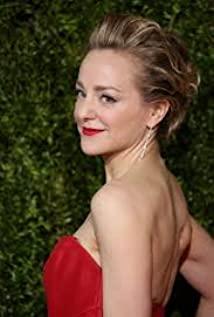The narrative of the movie is very calm from the beginning, a wedding is depicted remotely and unrealistically. Not the usual sweetness, but a little rush and anxiety in it. At the same time, it also conveys the not very peaceful relationship between the heroine and her mother. Then we went to the hospital. In one scene, we learned two things. The heroine wanted to have a baby but it was difficult because of her age. She was adopted by herself, and she didn't like it. At that time, the old and weak mother was given a very clear shot. She said that the adopted ones were the same. I thought this was a foreshadowing. It seemed that the film was going to explore the issue of blood kinship and raising kinship.
Then the heroine's husband left her, and at the same time she met another man, and her biological mother appeared in front of her non-stop. A woman who is positive and enthusiastic, totally unwilling to look like her tired and rigid. She, her biological mother, her new boyfriend, her mother's lies, the reappearance of her ex-husband, and the passion and sensitivity of the new boyfriend all cross-appeared in the middle of the film all at once. I began to wonder, should I talk about blood thicker than water, or talk about true love and a clear heart?
Then the film began to emphasize another line before-pregnancy. The heroine is pregnant with her ex-husband's child. At this time, the mother accompanied her to the conversation between the two men, and both men eventually showed up in the hospital to accompany her for examination. Then, unbelievably, the heroine and her ex-husband had an unexpected and urgent affection on the street, which was completely confusing. While thinking about whether pregnancy really promotes sexual desire, I am puzzled as to why she didn't leave with her new boyfriend if she went to the hospital together. In short, the heroine has done something wrong at the moment, but she has to face it honestly with regret. When she was frank with her new boyfriend, she was tough, and the two finally broke up.
Then another lie of the biological mother was broken up, and she refused to see him. Get closer with younger brother. At this time came a review of the clues that the film began to adopt in my opinion. When she quarreled with her biological mother (the only time in the film), she told her her adoptive mother how hard she had worked hard during her quarrel with her biological mother; in the conversation between her and her younger brother about adoption, her younger brother talked about how she viewed "not adopted".
Then she returned to the child. She failed to get pregnant. Inspired by her younger brother, she decided to let her biological mother pay for artificial insemination, and insisted on opposing her mother's idea of adopting a Chinese girl (I don't understand for the beginning of the film and China in general). Before conception, a question about religious belief was suddenly inserted. After these things, the heroine's previous trust in the Lord was shaken. At this time, her mother persuaded her, and she was relieved and sang a prayer song that sounded rather sacred.
At the end of the film is a blurred time division. First she found her new boyfriend and settled with him. Then came their family life, and then she took him to look after a child, obviously their new child. At this time, the camera moved over, and it was the figure of a Chinese girl under the light and shadow. She took the little girl up the stairs, picked her up on the top of the stairs, stared at her for a long time, and the film ended immediately. At this moment, I thought of when she argued with her adoptive mother at the beginning of the film, she said, "I want my own child. Because I saw you and my brother looking at each other in the eyes when I was a child, I know that is different." Here, this is another review of the theme of family affection.
There are so many clues, and each clue has gone through a certain degree of discussion, but it hasn't stayed on a certain one and constantly emphasized. So after I watched it, I didn't know what to think for a long time. However, after two days passed, I slowly began to feel a little bit more. As my friend said, these kinds of movies should be more like experiential movies. It is not very "dramatic", but it is more like life. I think it is true. The protagonist of the film is a woman with 40 years of life experience. She has an unusual background. She grew up in a Jewish family with a strong belief. She only met a man who saw herself clearly at the age of 40. But when she does anything, she has 40 years of life experience behind her. The inclined attitudes and opinions on people and things accumulated during that time can not be so pure for everyone.
So she was very calm, she also did some strange things, she was still very persistent, even when talking with her new boyfriend, she was so calm using the possibility of betraying each other between two people. Instead of saying that you are the right person like a young love movie, I am passionate love for you. Their love has become gentle, it is an exchange between two adults. And she didn't confess the main theme that she had mistakenly believed that her foster mother had different feelings for her two children, or she was full of emotion to forgive her own mother's abandonment of herself. She did not make a huge change after the incident (except for the adoption of Chinese girls) like many movies, because she has lived for most of her life, and this is just a chapter in her life. So some people think that movies are boring, but I think the real life of ordinary people is really not so dramatic.
View more about Then She Found Me reviews


